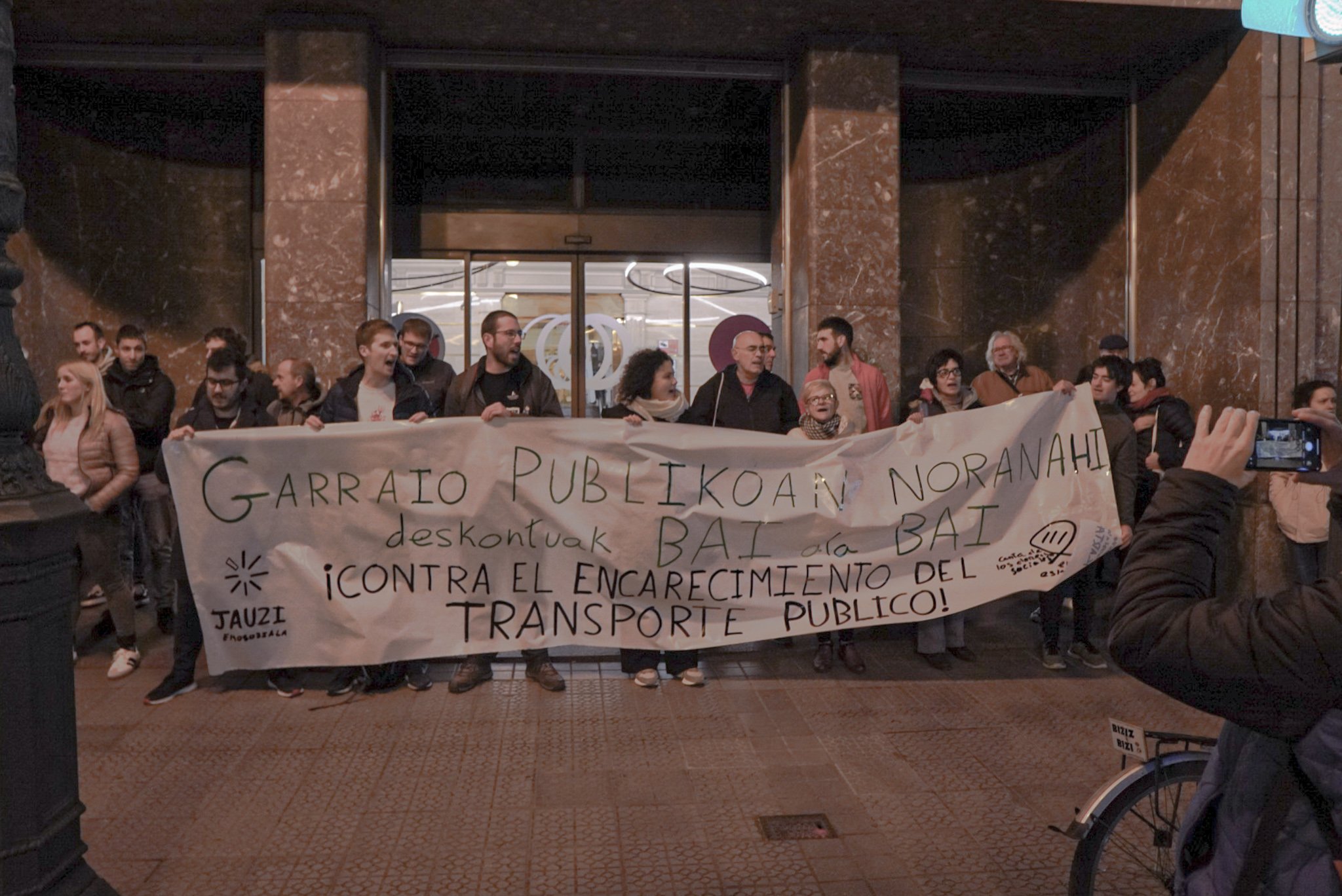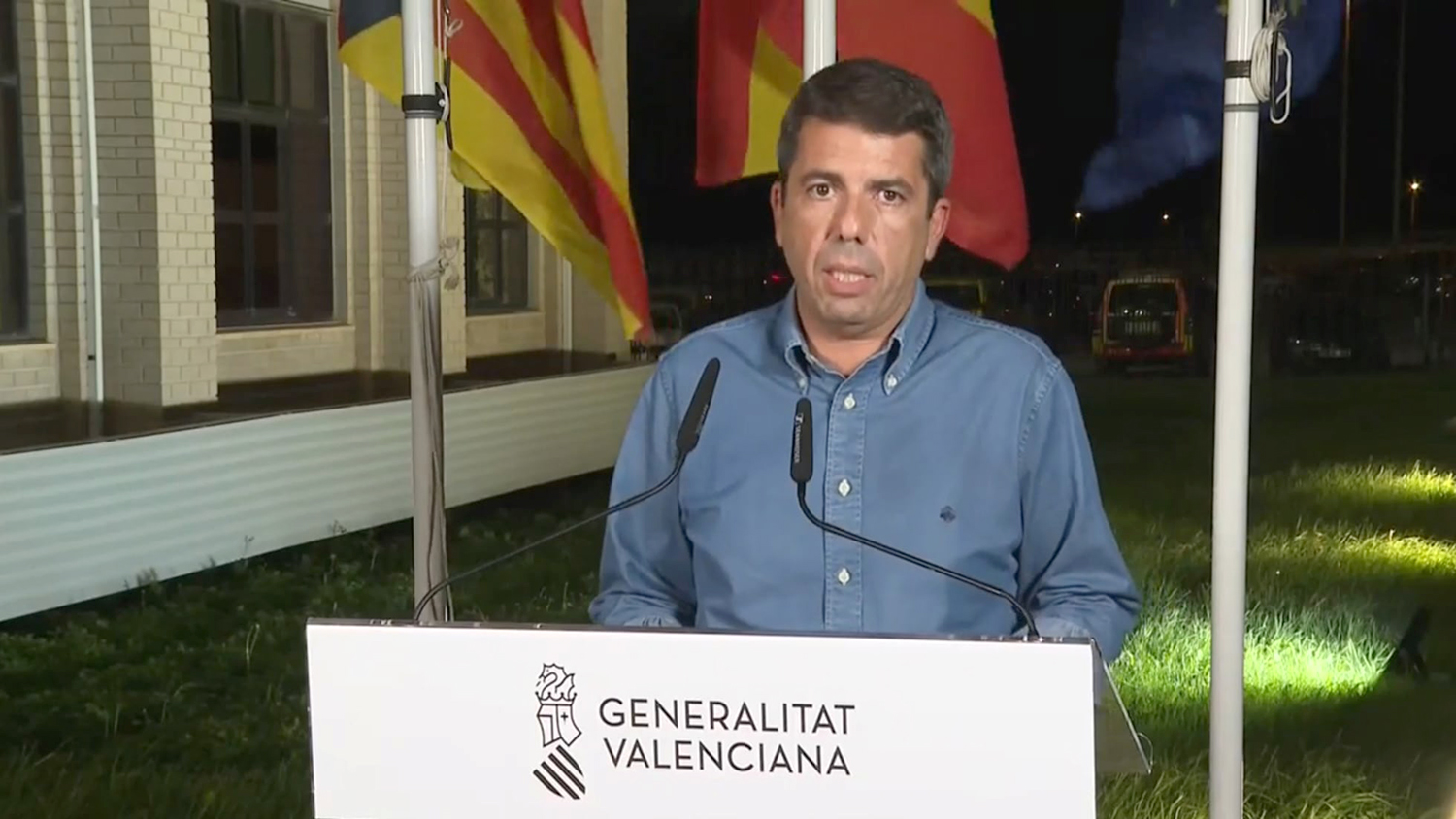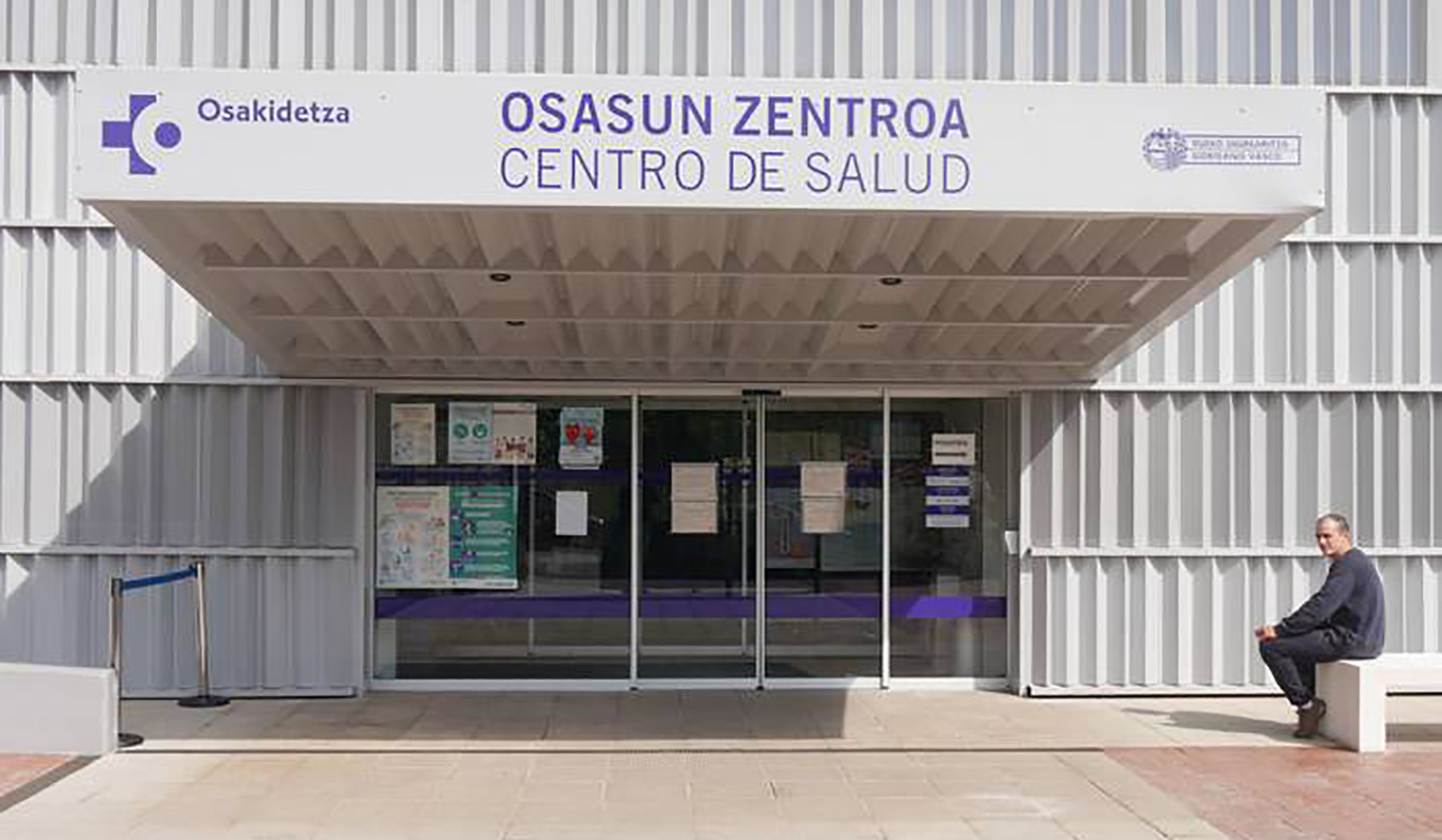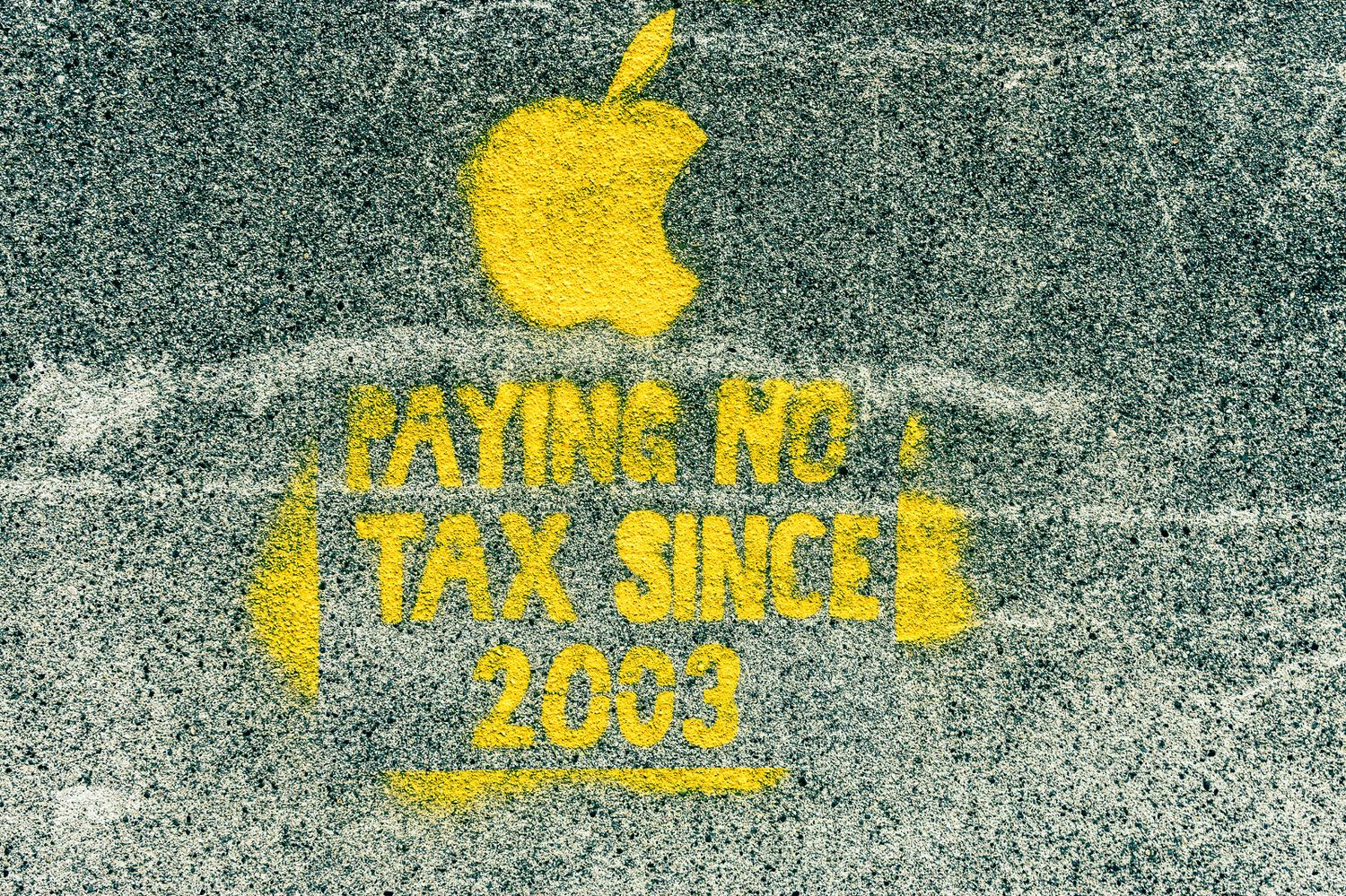The Commission calls on the Spanish State to reduce public spending
- Brussels reminds Madrid that it has "high indicators of public debt and unemployment". Consequently, although the strictest tax rules will remain inactive, the European Commission has entrusted it with an "immediate adjustment" of public spending. The Member States of the European Union must "carefully" design the fiscal policy of 2023.

The European Union has announced "expenditure adjustments" for 2023. Calls on Member States to follow a "cautious fiscal policy" to "control the growth of public spending". Although all Member States are exposed to an economic recession, some of them claim in Brussels that the situation is "particularly serious". He warns that the Spanish State has "imbalances in relation to high debt", "in a context of high unemployment".
The public debt of the Spanish State stands at around 118% of Gross Domestic Product (GDP) and the deficit fuelling this debt was EUR 81.5 billion last year, equivalent to 6.76% of PIB.De for the future, the EU considers "high risks" in the medium term, with debt ratios higher than those of 2021. The uncertainties of recent years have also influenced other States, and the European Commission therefore keeps the usual tax regulations of the so-called Stability Pact paralysed, at least until 2024.
In flight
The European Union has "softened" the usual tax rules since the appearance of COVID-19. These rules set a maximum public deficit barrier of 3% per annum and the entry into force of debt minimisation plans of up to 60%. However, they have extended the general Leakage clause that repeals these rules, which seemed "exceptional" at the time of COVID-19.
Behind this there are at least two reasons: that at the present economic juncture no State would meet the requirements and try to meet them would increase the debt crisis. On the other hand, the acceleration of the NATO arms process in the framework of the Ukrainian war has meant that most EU Member States are spending more money on the arms industry and on armies. Brussels' alleged "fiscal generosity" is explained by the deficit required by the armed process.
Limits on public expenditure
However, the provisional suspension of the so-called stable adjustment mechanism sets concrete limits on public spending. Expenditure on health, education, social security or other indirect wages is closely monitored by the European Union. It allows a very small margin for this matter, while accepting higher levels of indebtedness for military investment.
Weaknesses in Madrid
According to the report "Tax Recommendations Document", the Spanish State is part of the group of powers that continue to suffer imbalances, together with six other Member States: Germany, France, the Netherlands, Portugal, Romania and Sweden. Brussels associates the vulnerability in Madrid with the "big debt", in a context of strong unemployment that leaves a narrow margin for the policy fiscal.La private debt of the Spanish State, for its part, is now higher than before the COVID-19 crisis.
Macroeconomic shock
"We propose to maintain the general leakage clause in 2023 and deactivate it in 2024," said Valdis Dombrovskis, Executive Vice President of the Department of Economy, at the hearing on Monday. The EU has just announced the spring package of the European semester. It called the Ukrainian war a "macroeconomic shock", not least because it "has long-term implications for the EU's energy security needs".
Paolo Gentiloni, member of the European Economic Commission, states that there is a "serious shock" in different areas: Energy and food markets, industrial supply chains, fuel inflation and weakening consumer and investor confidence. Italy has also defended the extension of the general avoidance clause so that Member States can react "as soon as possible" through the limited tax instruments available. "These are very unpredictable times," he concludes.
The members of the Commission recognise that the situation is "sensitive", so each state must "very carefully" design the fiscal policy of 2023.
As the military crisis of 2022 accelerated, the Commission has had to read the declining growth expectations and rising inflation expectations for the entire Community bloc. In the spring forecast announced last week, Brussels said that the increase in GDP would be reduced to 2.7%, 1.6 points lower than the winter forecast. Inflation stood at 6.1 per cent, 2.6 points above winter.
EU sources say that both elements have been taken into account when determining tax requirements. Moreover, they claim that this is an "increase in expenditure", as measures to respond to the energy crisis have influenced most Member States. The mechanisms put in place to alleviate both businesses and vulnerable consumers have cost almost 0.6% of Community GDP, according to Commission data. In three states, they already exceed 1% of GDP: Lithuania, Hungary and Greece.
The Commission maintains the low growth expectations of 2022 "amid great uncertainty and downstream risks". It does not, moreover, guarantee any general fiscal impulse for the economy by 2023. Thus, they will combine "the increase of certain investments" with "the control of the growth of state-financed prime current expenditure"










.jpg)












